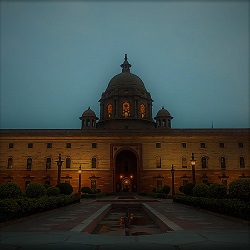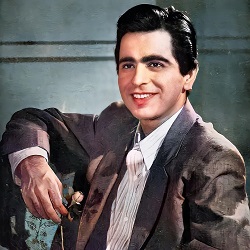PRESIDENT- THE DE JURE HEAD OF THE STATE.
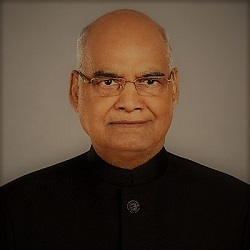
SHRI RAMNATH KOVID. 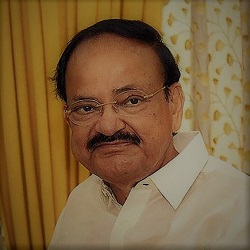
SHRI VENKAIAH NAIDU. 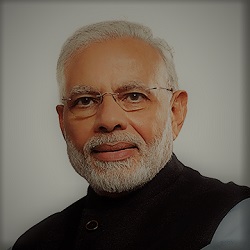
SHRI NARENDRA MODI. 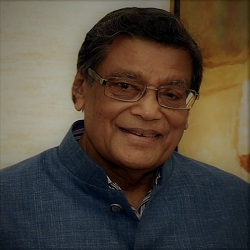
SHRI K.K. VENUGOPAL. 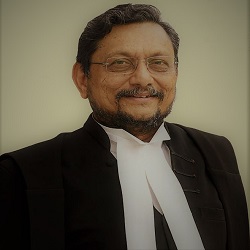
JUSTICE SHARAD ARVIND BOBDE.
Part V of the Indian Constitution under Articles 52-78 deals with the Union Executive. The Union Executive comprises of the President, the Vice President, the Prime Minister the Council Of Ministers and the Attorney General Of India. As one of the provisions borrowed from the American Constitution, the President of India is the Head of State Article 52. The President of India is the first citizen of India like that of the United States Of America. According to Article 53, the executive power of the Union is vested in the President. He exercised it directly or indirectly by the officers subordinate to him who give aid and advice to the President for the exercise of powers.
ARTICLES 54 AND 55 ELECTION OF THE PRESIDENT OF INDIA
The President of India is elected through Indirect Elections.
- Article 54, The president of India is elected through an Electoral College. The College comprises of-
- The Elected Members of both the Houses. i.e Parliament.
- The Elected Members of the Legislative Assemblies but not the Legislative Councils of the States.
- The Legislative Assemblies of the Union Territories of the Delhi and the Puducherry. After the 70th Amendment Act,1992, the word ‘State’, included both the National Capital Territory Delhi and the Union Territory the Pondicherry now Puducherry.
- The nominated members of both the Houses of the Parliament have no voting rights in the election of President.
- Article 55, there shall be uniformity of representation of different States, according to the population and the total number of elected members of the Legislative Assemblies of each State, and a balanced shall also be maintained between the States as a whole and the Union.
- Article 55(3), the President of India is elected through an indirect election. By an electoral College through a system of Proportional Representation and Single Transferable Vote. Voting is done through Secret Ballot.
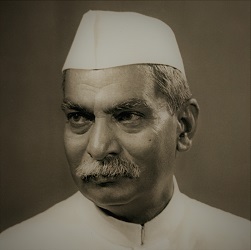
Dr. RAJENDRA PRSASD. 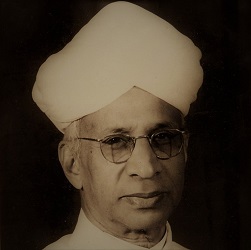
Dr. SARVEPALLI RADHAKRISHNAN. 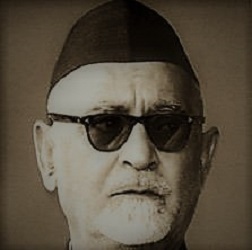
Dr. Zakir HUSAIN. 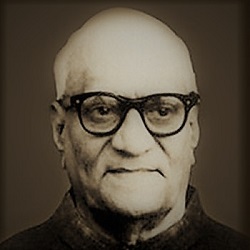
VARAHAGIRI VENKATA GIRI. 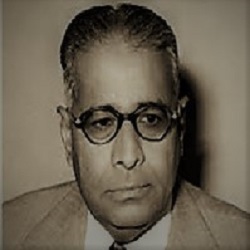
JUSTICE MOHAMMAD HIDAYATULLAH.
ARTICLE 58 AND 59-QUALIFICATIONS FOR THE ELECTION OF THE PRESIDENT OF INDIA
- Must be a citizen of India. The Constitution of India does not specify whether one should be a Born or Naturalised citizen of India.
- Must have completed the age of 35 years.
- Qualified to the member of the House Of The People.
- Article 59, the President cannot be a member of either of the Houses or any State Legislature. If he is elected then deemed to vacate his seat in that House on the date on which he enters the President’s office.
- Does not hold any house of Profit.
ARTICLE 60 OATH OF AFFIRMATION
- The Chief Justice Of India administers the Oath of Affirmation of the President of India. In his absence the Senior most Judge of the Supreme Court.
ARTICLE 71 DISPUTES REGARDING THE PRESIDENT’S ELECTION
- All the disputes regarding the President’s election shall be Inquired and Decided by the Supreme Court of India. Its decision shall be exclusive and final.
TERM OF OFFICE OF THE PRESIDENT OF INDIA
- The term of the President of India is of Five Years from the date he Enters the Office.
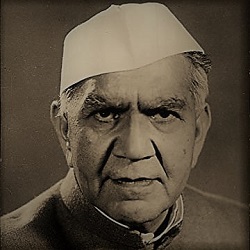
FAKHRUDDIN AHMED. 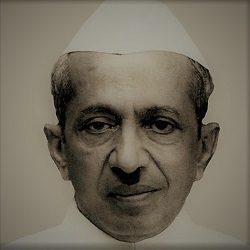
B.D.JATTI. 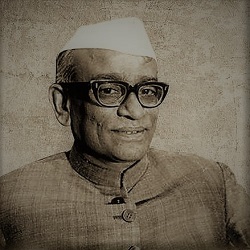
NEELAM SANJIVA REDDY. 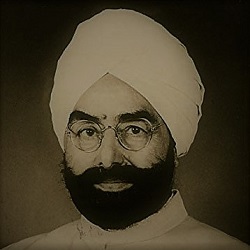
GIANI ZAIL SINGH 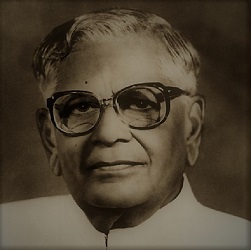
RAMASWAMY VENKATARAMAN.
EMOLUMENTS OF THE PRESIDENT OF INDIA
- The Parliament decides the emoluments, allowances and the privileges of the President of India charged on the Consolidated Fund of India.
ARTICLE 361 PRIVILEGES OF THE PRESIDENT OF INDIA
- Not answerable to any court.
- No criminal proceedings during his term.
- Writ of Mandamus cannot be issued against him if he does not call for the session of the Parliament.
- No civil proceedings until- A notice of 2 months in advance is given to the President and the notice states the nature.
TERMINATION OF OFFICE OF THE PRESIDENT OF INDIA
- Death
- Article 62 (1) completion of the term.
- By resignation in writing to the Vice-President of India.
- By Impeachment.
- Article 65(1) otherwise, on the sitting aside of his election
ARTICLE 56 AND 61 THE IMPEACHMENT OF THE PRESIDENT OF INDIA.
- The process of impeachment of the President of India is borrowed from the American Constitution.
- Articles 56 and 61, the President of India cannot be removed. He can only be impeached.
- Article 61, the procedure of the impeachment of the President of India is a Quasi-Judicial process, not a no-confidence motion.
- Article 61 (1), the only ground for the impeachment of the President of India is the Violation Of The Constitution Of India.
- The procedure of impeachment of the President of India can be initiated in the either House of the Parliament.
- Step 1- Charge must come in the form of Proposal contained in a Resolution signed by not less than 1/4 of the Total members of the House in present. It can be moved only after giving 14 days advance notice to the President.
- Step 2- The resolution must be passed by a majority of not less than 2/3 of the total membership of the House initiating it.
- Step 3- Now the charge subjected to the investigation in the other House.
- Step 4- If the other House after investigations passes a resolution with not less than 2/3 of the majority of the total membership of the House, declares the charge as proved and the President is removed from his office from the date on which it has been passed.
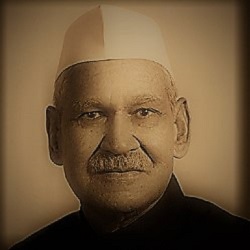
Dr. SHANKAR DAYAL SHARMA. 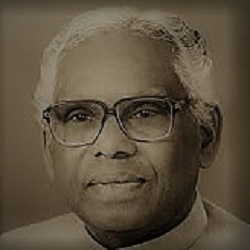
KOCHERIL RAMAN NARAYANAN. 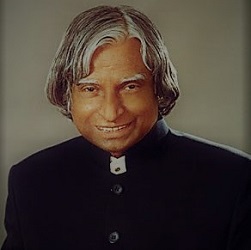
Dr. A.P.J.ABDUL KALAM. 
SMT. PRATIBHA PATIL. 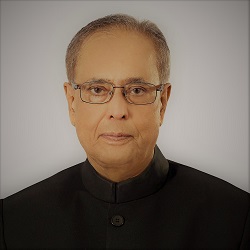
Dr. PRANAB MUKHERJEE.
